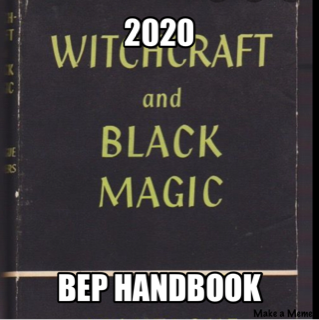An article in yesterday’s Chattanooga Times-Free Press indicates that some legislators have no idea how the state’s education funding formula works or even what words actually mean.
The article notes that state Senator Todd Gardenhire and state Representative Mike Carter are frustrated by the state budget process, where funds are passed to increase salaries for educators through the Basic Education Plan (BEP). The lawmakers apparently fail to understand that every single system in the state hires teachers beyond the BEP and that the legislature continues to pass unfunded mandates on to local districts.
Specifically, Gardenhire and Carter want a clear definition of the word “teacher” so that only “teachers” receive state raise money and so that the legislators can continue underfunding schools while cutting taxes for big corporations and wealthy individuals. Seems the two of them could use a math class.
Here’s more from the article:
State Sen. Todd Gardenhire, R-Chattanooga, and state Rep. Mike Carter, R-Ooltewah, have long called for one official definition of what a “teacher” is that school districts and the state can stick to, and they have again been raising the issue with Hamilton County’s school leaders and lawmakers.
Are these ALL “teachers?”
Regular classroom teachers, special education teachers, vocational education, music or art teachers, school counselors, guidance counselors, social workers, librarians, principals, assistant principals, and even supervisors such as instructional coaches, teacher supervisors and staff who complete special education assessments for students all fall into the same category.
Gardenhire and Carter apparently would like it if there were differentiations among instructional staff so they could continue allocating paltry sums to fund schools while allowing at least some employees to receive a state-funded raise.
One County Commissioner narrowed the issue quite well:
Hamilton County Commissioner David Sharpe, of District 6, asked the state representatives at the Nov. 7 legislative delegation meeting who has been getting raises who shouldn’t have been, but his question went unanswered.
“Who are we angry [about] that is getting a raise that we don’t think should be getting a raise?” Sharpe said.
Carter made clear he hasn’t spent time seeking to understand the BEP nor has he made any serious effort to improve it:
“We are promising teachers something that we are not delivering. The BEP is all black magic. No one actually understands it, no one wants to,” Carter told the Times Free Press.
Of course, the state publishes a BEP handbook and also has a BEP Review Committee which meets regularly and explores the formula in order to recommend improvements.

One way to solve the dilemma expressed by Gardenhire and Carter? Actually fund the BEP at an adequate level. The state’s Comptroller of the Treasury estimates the BEP is underfunded by some $500 million annually. Fortunately, both Gardenhire and Carter are lawmakers and have the ability to push legislation to actually fund the formula. Unfortunately, neither have made any effort in this area.
For more on education politics and policy in Tennessee, follow @TNEdReport
Your support — $5 or more today — makes publishing education news possible.









